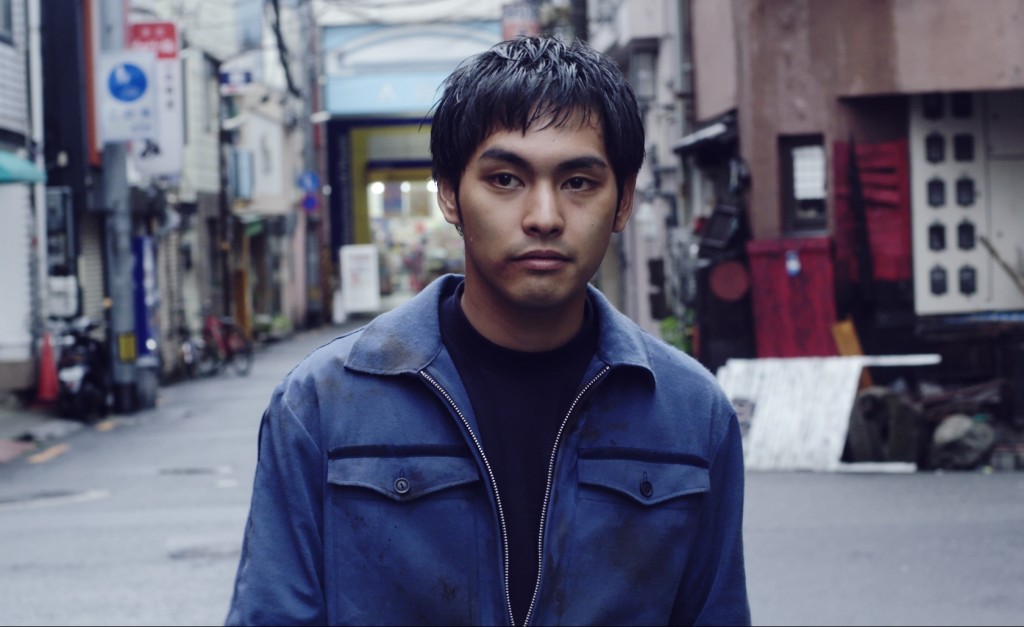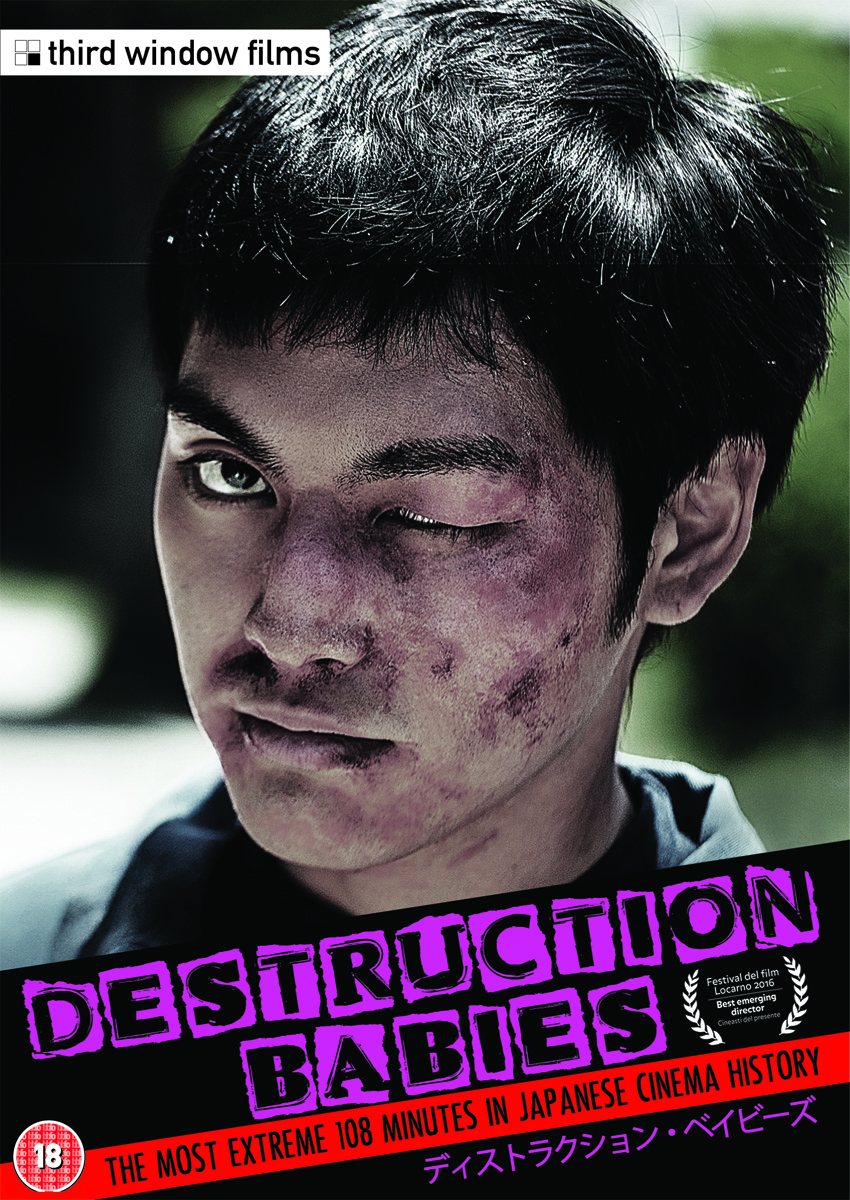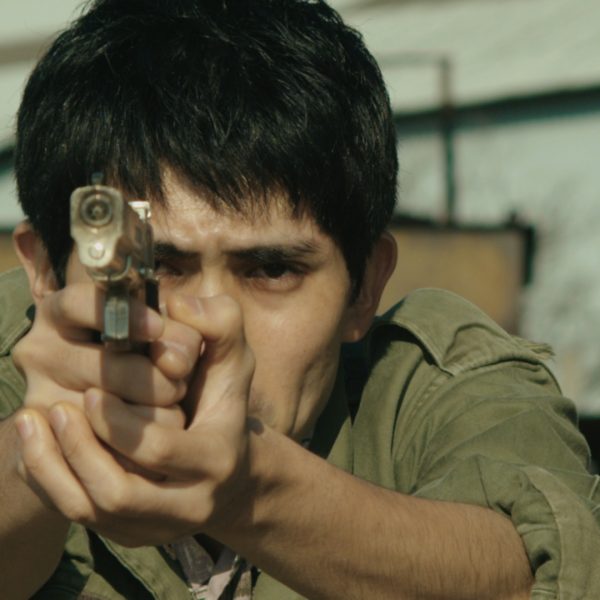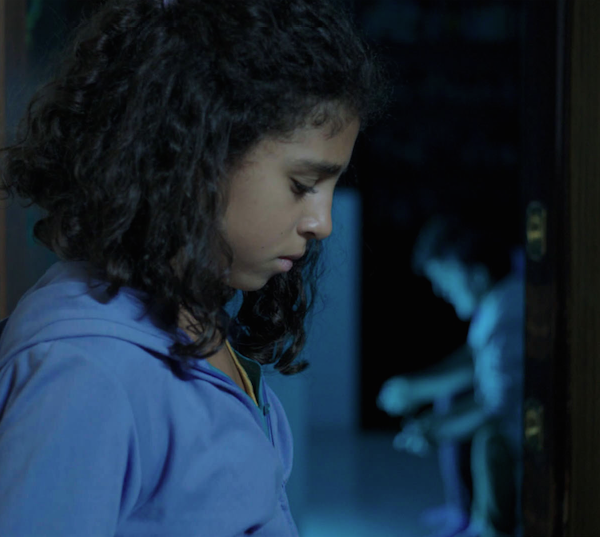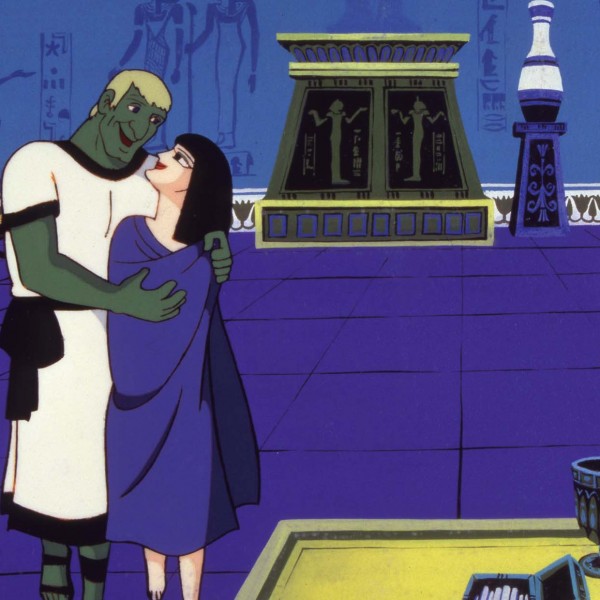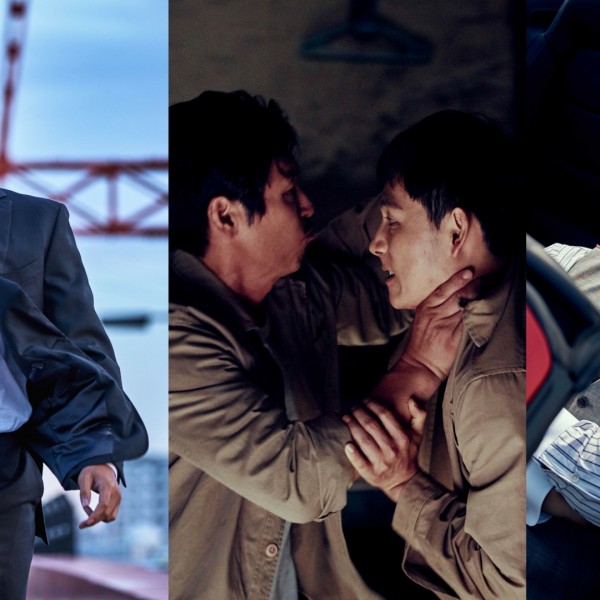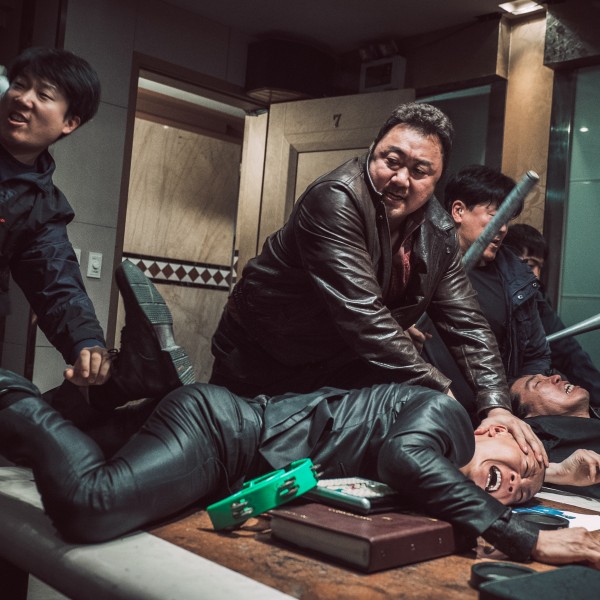DESTRUCTION BABIES Punches, Broken Bones And Rock n Roll | Film Review
DESTRUCTION BABIES Punches, Broken Bones And Rock n Roll.
Dubbed as ‘The Most Extreme 108 Minutes in Japanese Cinema History‘, DESTRUCTION BABIES is almost an anime styled film shot with live actors. The film is Written and Directed by the 35 years old Tatsuya Mariko, who got the award for the Best Emerging Director at the Locarno Film Festival 2016. DESTRUCTION BABIES Punches, Broken Bones And Rock n Roll.
Starring in the lead is Yuya Yagira, playing the role of Taira Ashihara, an angry and violent teenager. Opposite him is Masaki Suda playing the role of Yuya Kitahara, who befriends Taira in order to use his violence against others and gain power over them. The only female character Nana, is played by Nana Komatsu, a hostess girl working in a hostess bar who is at the wrong place at the wrong time; and the last main character is of Nijiro Murakami, who plays the role of Taira’s younger brother Shota Ashihara, who goes in search of Taira when he mysteriously leaves the town for Shikoku.
I will not call it as the most violent film in Japanese Cinema History because there have been many films in the past that have been quite violent. One of them stands above others is the ‘Lone Wolf and Cub‘ film series, which portrayed a lot of open gore as the sword swaying samurai went around cutting his enemies into pieces. Honestly, I could not watch those films because of that, but Destruction Babies does not have a samurai with a sword neither a gangster with a gun who each have a motive for their violent actions. It only has an angry young Taira whose only weapons are his fists and legs, which he uses to create chaos for no reason other than to fulfil his sadistic desires. Taira is like a weapon of mass destruction, waiting to go in the wrong hands which is exactly what happens. Masaki realises what kind of power he can gain by befriending Taira, and by doing so, he takes Taira to a whole new level. The character of Masaki is a reflection of society itself. Masaki is ruthless, careless and very stupid in his actions. Instead of helping out those people who become a victim of Taira’s heated tirade, he films them on his phone, causing Taira to become a social media sensation over night. Nana, the only female character is at first shown as a weak individual, but later rises up to break the stereo typical portrayal of a woman in films. It is very surprising to see that in this male dominated film, a female character gives a social message to other women to be strong against men who subject them to violence.
The music in the filmis composed by Hidenori Muka and is used in a very clever way. It’s a mixture of Grunge, Punk and Rock. The instrumental elements used by mashing up the guitar with drums and bass defines the film’s intensity. when ever there is the use of music it is symbolising the closing of a chapter and the opening of the next one.
The fight scenes are choreographed in great detail. It’s almost like a kung fu film, with the only difference being that the character who goes around making violence does not know how to fight. There are instances in a fight sequence where punches and kicks are thrown but they miss their target which shows that they are thrown randomly and with no precision. The power of Taira is not in the way he fights, but in his ability of bearing a good beating which often turns out to be bloody.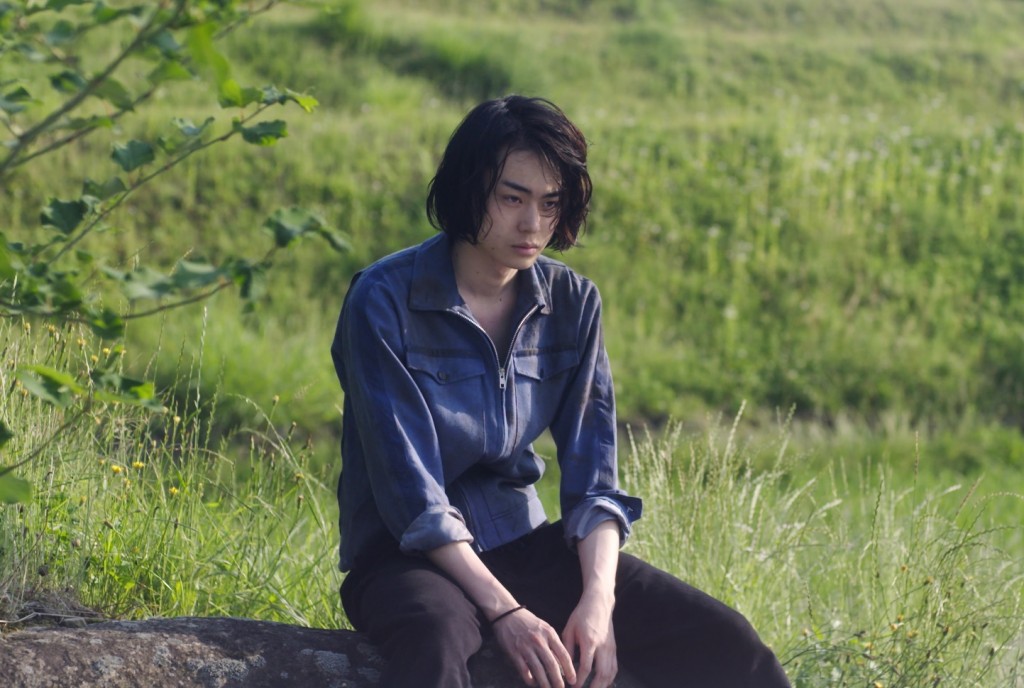
The performance which stands above others is of Yuya Yagira. In this action packed film, no where can he be seen over acting. His performance is near to perfection. Yuya Kitahara gives his best performance when his rage is out of control. It is a very unique role compared to what he’s been doing in the past. Nana Komatsu gives a similar performance as Yuya, and Nijiro Murakami. She has a somewhat softer role than her co-stars which is very subtle and balanced one. The film carries enough punches and kicks than any other Japanese action movies combined.
The film is released on BluRay and DVD under the banner of Third Window Films, so grab your copy before they run out.
Images Courtesy of Third Window Films
Destruction Babies YouTube Video: Third Window Films
DESTRUCTION BABIES Punches, Broken Bones And Rock n Roll. DESTRUCTION BABIES Punches, Broken Bones And Rock n Roll.














